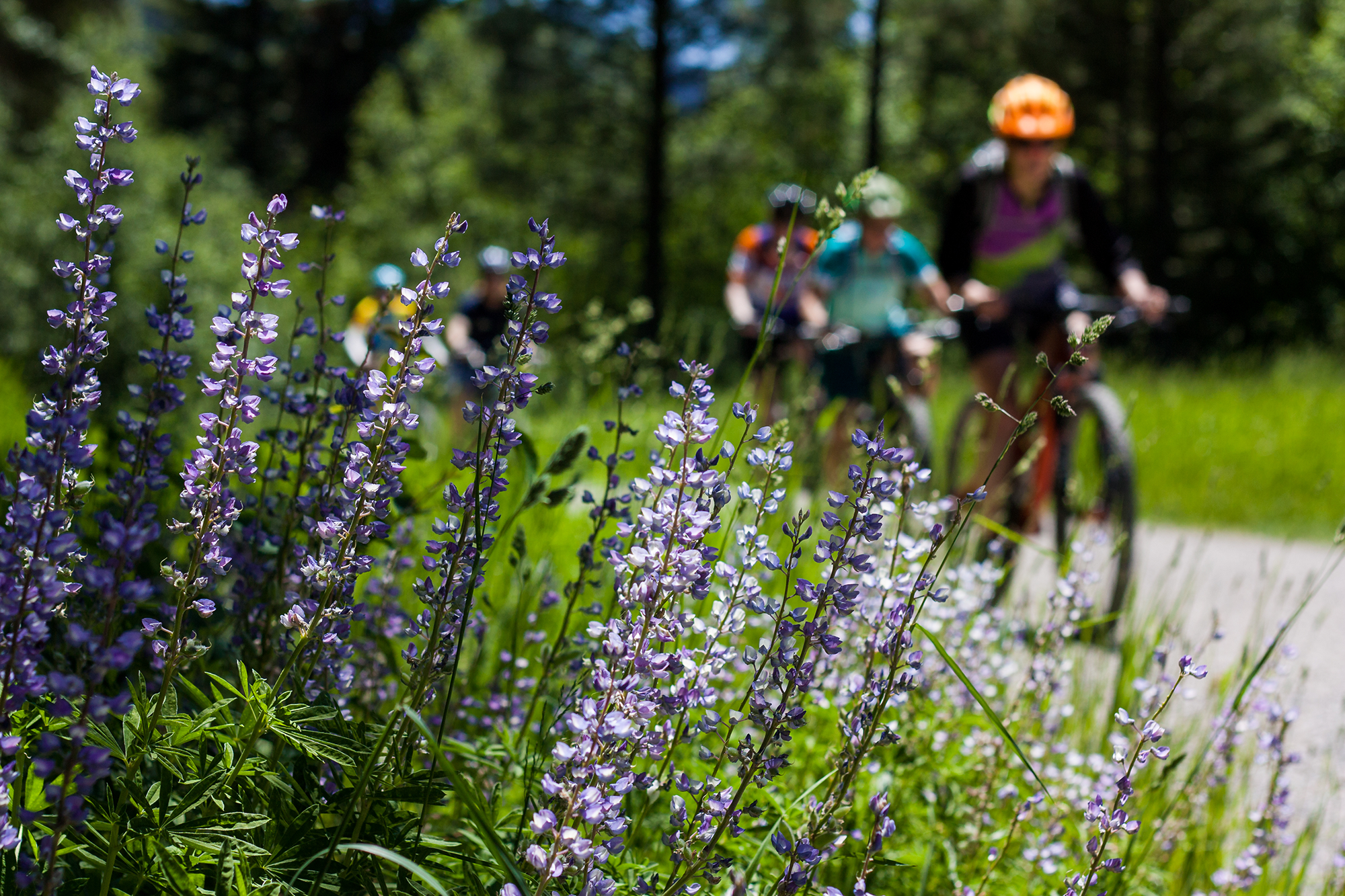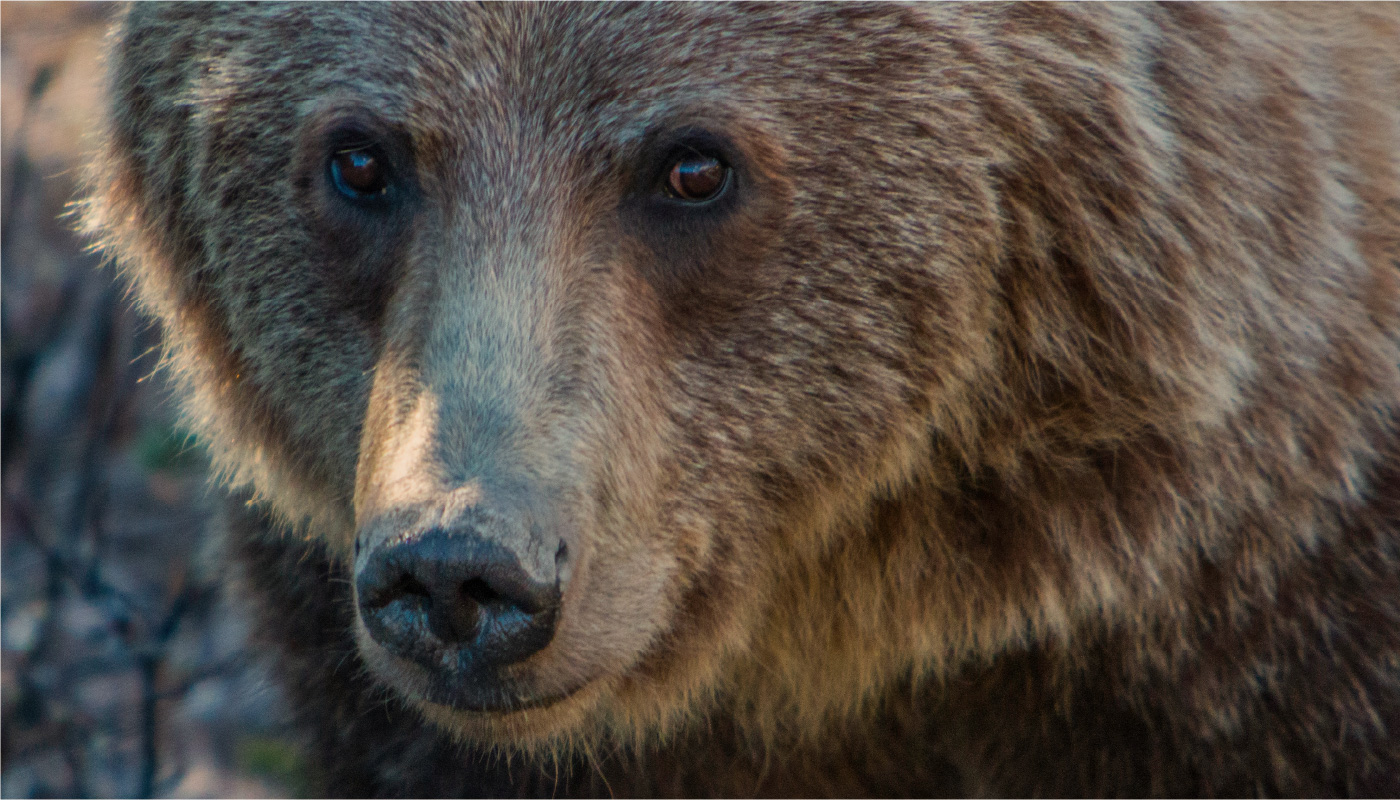Yellowstone to Yukon Conservation Initiative (Y2Y) congratulates West Moberly First Nations and Saulteau First Nations, the province of British Columbia, and the government of Canada on the finalization of an historic partnership agreement to protect and recover caribou in Treaty 8 traditional territory.
The agreement protects roughly 7,500-square-kilometers including a new 2,000-square-kilometer Indigenous protected area, expanding the Klinse-za Provincial Park located west of Chetwynd and Hudson’s Hope.
First announced in March of 2019, this agreement continues an important precedent for the recovery of endangered species through the collaborative efforts of First Nations, governments, and stakeholders.
Agreement positive for reconciliation, people and wildlife
According to Y2Y staff, it’s also good news for caribou populations as it includes habitat protections in northeast B.C. that are positive for reconciliation, people and wildlife.
Y2Y applauds all parties for making meaningful progress in the Peace River region on caribou recovery — a species in steep decline after decades of mismanagement and the failure of B.C. and Canada to uphold the Species at Risk Act.
“West Moberly and Saulteau First Nations have stepped up to pull all the levers to recover endangered caribou, and I applaud their leadership and that of government in negotiating this agreement,” says Tim Burkhart, B.C. program manager at Y2Y. “This new conservation approach is one the province and Canada needs to do more of for other herds and habitat.”
Caribou recovery a priority for Y2Y and Treaty 8 First Nations
Mountain caribou once roamed the Peace in great numbers. The cumulative impacts of regional resource development have pushed these animals to the brink, with just 219 remaining in the south Peace herds as of 2019.
“First Nations have been successfully leading caribou recovery in the region for several years now. This agreement recognizes and supports Indigenous conservation leadership, provides for meaningful actions to recover caribou, and does so using the best available information, including science and Indigenous knowledge,” says Burkhart.

“Across Canada, the only significant achievement in caribou conservation has been due to First Nation leadership, and they are the real heroes here,” says University of Montana biologist Mark Hebblewhite.
“The long-awaited completion of the formal partnership agreement for these caribou is crucially needed, and long overdue. It’s a first step in the right direction. Canadian governments need to improve their commitments to this specific agreement through sufficient funding for the protected area and habitat restoration, as well as the other herds in the central mountain group that continue to see mining and logging expanding in federally-identified critical habitat,” he says.
“We welcome the spirit of cooperation and collaboration that First Nations, B.C. and Canada have shown in the development of this historic agreement,” says Candace Batycki, B.C. and Yukon Program Director at Y2Y.
“These two First Nations are world leaders in caribou recovery. Their commitment and determination to keep caribou on the land, against all odds, is inspiring. This agreement is an excellent example of conservation as reconciliation, and also represents an important step towards the restoration of rights guaranteed under Treaty 8.”
“This agreement is an excellent example of conservation as reconciliation, and also represents an important step towards the restoration of rights guaranteed under Treaty 8.”
Candace Batycki, Y2Y
Y2Y says while this is an important step towards recovering B.C.’s caribou herds — those facing potential extirpation throughout the province — more must be done to protect critical caribou habitat in other areas of the province, including near Revelstoke, Nakusp and Clearwater.
“Today is good news for the Klinse-za herd but there are 21 other southern mountain caribou groups in B.C. that need this kind of help,” says Burkhart.
“New analysis by Wilderness Committee shows the level of human impact on mountain caribou habitat exceeds thresholds for recovery under the Species at Risk Act for more than 80 per cent of those herds. We will support First Nations, B.C. and Canada to use this model for caribou in trouble further south. We owe it to caribou, and to future generations, to take our responsibilities towards these endangered species seriously.”
This has been made possible in part with funding from the Real Estate Foundation of British Columbia and the Mitsubishi Corporation Foundation for the Americas.


